- 1.36K Posts
- 175 Comments

 3·19 days ago
3·19 days agoYeah, there are many FOSS organizations in the U.S. like the Open Source Lab by the Oregon State University, the Open Source Software Institute, and many others. I guess they could do it, possibly if some join forces.

 8·19 days ago
8·19 days agoI agree in principal with that view, but there was pressure from VW’s top investors (Union Investment, Deka) to clarify the situation in Xinjiang. An audit turned out to be extremely flawed which put further pressure on the management. It’s hard to tell how much this contributed to the decision, but at least some shareholders weren’t indifferent about the situation.

 6·20 days ago
6·20 days agoThe USA can certainly do this, they have all what it takes. Public investments for such stuff will be hard to get in the next four years I guess, but there could be some private initiative?I don’t know the U.S. good enough in that respect, though.

 2·21 days ago
2·21 days agoStrange. Here is the Reuters news about it: https://www.reuters.com/world/eu-proposes-sanctions-against-chinese-firms-helping-russia-bloomberg-news-2024-11-25/

 11·22 days ago
11·22 days agoYeah, and hats off to the judges.

 6·22 days ago
6·22 days agoThis has long been done :-)

 173·23 days ago
173·23 days agoYes, and in addition to that, I wouldn’t trust official Chinese data too much given negative developments are being censored. any international comparison of official numbers are not meaningful imo. No one knows how much of devastating incidents really happen in China.

 75·26 days ago
75·26 days agoProtecting the country’s right should be a minimum to expect from a PM. The UK’s Hong Kong agreement with China is being completely ignored as someone already said.

 3·26 days ago
3·26 days agoIn related news, Ukrainian and independent (exiled) Russian media report that Russian consumer loans are hitting 44%.
As of the beginning of November, consumer loan rates in Russian banks ranged from 25% to 38% per annum, but by 19 November, the maximum rate had risen to 44%.
It is noted that almost half of borrowers have problems with loan repayment: 35% have minor difficulties, 12% have serious ones, and 1% admit that they can no longer pay at all.

 1·27 days ago
1·27 days agodeleted by creator

 5·27 days ago
5·27 days agoAs I said multiple times, this is one reason among others why we need transparent supply chains. It is exactly China which opposes this. This is bad for world (and bad for China, too).

 32·27 days ago
32·27 days agoThis is the same source.

 32·27 days ago
32·27 days agoIn addition to that from another source, the Climate Action Tracker for China:
Policies and action against fair share: Insufficient
NDC (nationally determined contributions ) target against modelled domestic pathways: Highly insufficient
NDC target against fair share: Insufficient
Net Zero Target = Year 2060: Comprehensiveness rated as Poor
Overall rating: Highly insufficient

 3·27 days ago
3·27 days agoIn addition to that from another source, the Climate Action Tracker for China:
Policies and action against fair share: Insufficient
NDC (nationally determined contributions ) target against modelled domestic pathways: Highly insufficient
NDC target against fair share: Insufficient
Net Zero Target = Year 2060: Comprehensiveness rated as Poor
Overall rating: Highly insufficient

 1·27 days ago
1·27 days agoGovernments could enforce laws to reduce their emissions, but they don’t.

 3·27 days ago
3·27 days agoThe only way to measure it is where it is produced. This is what this and other reports are doing. Governments could reduce their emissions, especially in countries where they are high. It’s not the case, though.

 3·27 days ago
3·27 days agoAgain, this is not about assigning blame. This is just a simple fact.

 3·27 days ago
3·27 days agoThis is not a blame game. Humanity is failing as a whole as the climate doesn’t know borders or politics as we know. It is important that we track numbers, though. As the report says:
Historical CO2 emissions matter for climate change, because there is a finite “carbon budget” that can be released into the atmosphere before a given level of global warming is breached.
For example, in order to limit warming to 1.5C above pre-industrial levels, only around 2,800GtCO2 can be added to the atmosphere, counting all emissions since the pre-industrial period […] Cumulative emissions since 1850 will reach 2,607CO2 by the end of 2024, according to Carbon Brief’s new analysis, meaning that some 94% of the 1.5C budget will have been used up.
We are all doing too little (and too late?). Climate change has already been affecting all countries across all continents for some time. What we needed imo is more global collaboration, but it doesn’t seem to happen.
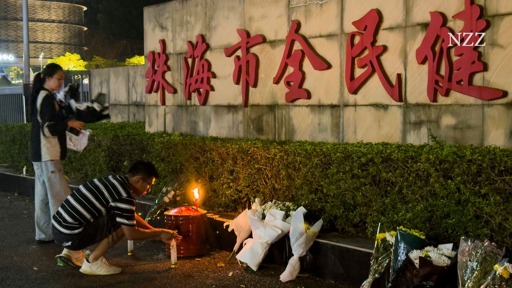

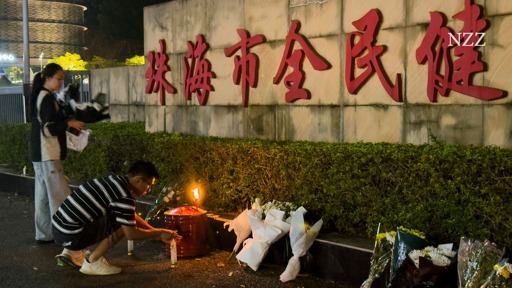
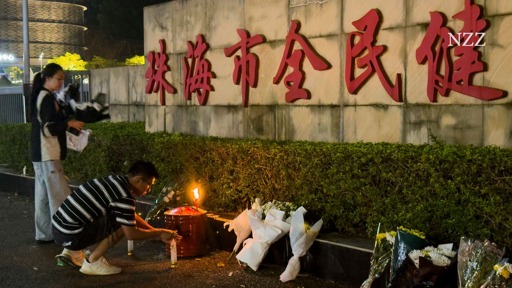





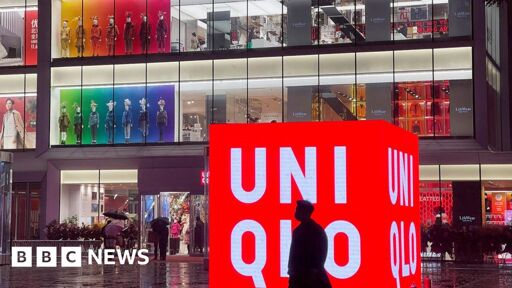


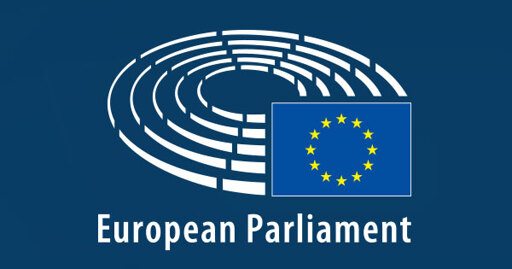
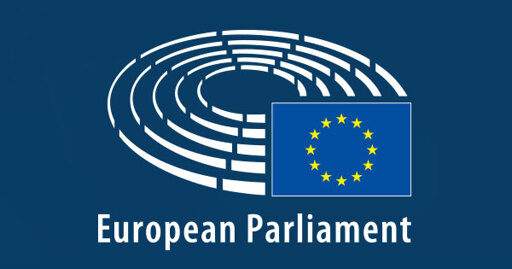



@Che
Who says that?